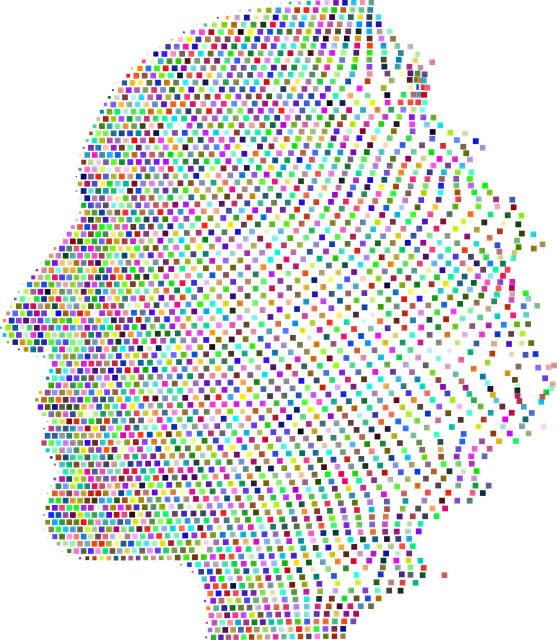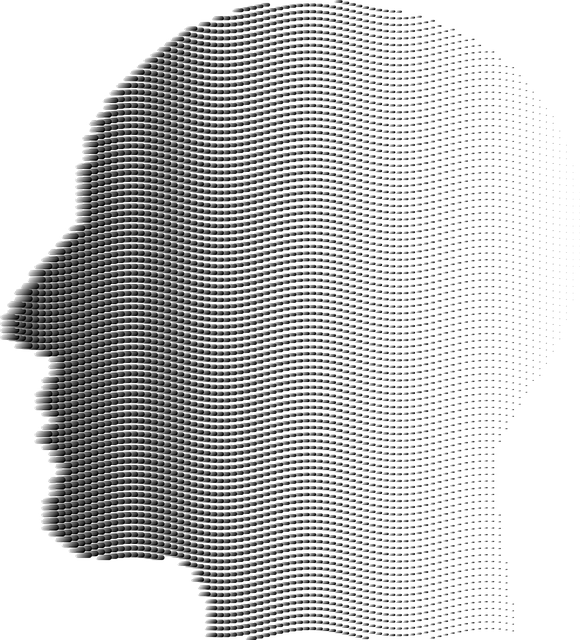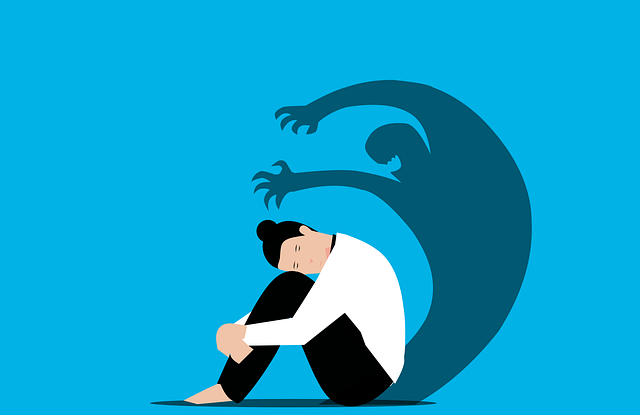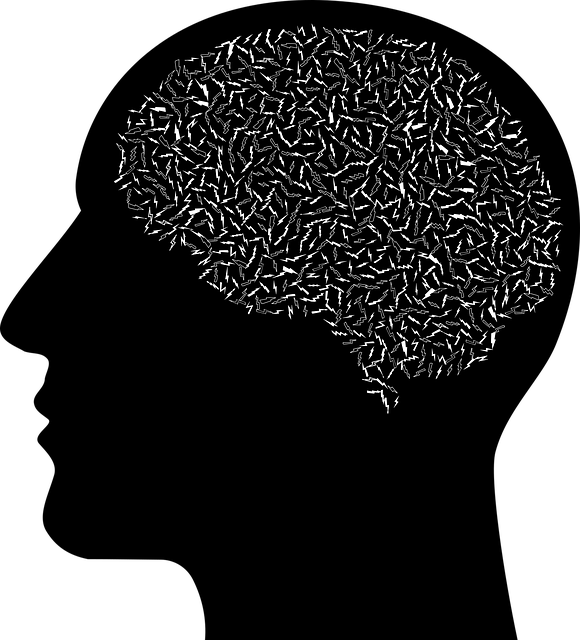Mental wellness self-assessment tools are powerful first steps towards personal growth, offering insights into mental health and guiding informed choices for emotional journeys. Incorporating Golden Developmental Disability Therapy (GDDT) principles makes these tools transformative, inclusive, and effective. By focusing on symptom tracking, behavioral analysis, and personalized coping strategies, GDDT enhances self-awareness, stress management, and emotional healing. Data collection, feedback loops, and machine learning ensure continuous improvement, while user and healthcare provider input maintain validity. Customization, accessibility, and a user-centered design approach cater to diverse needs, fostering positive thinking and emotional resilience through tailored interventions like GDDT.
Mental wellness self-assessment tools play a pivotal role in fostering personal growth and understanding. In this article, we delve into the development of these assessment tools, focusing on integrating key principles from Golden Developmental Disability Therapy. We explore critical areas such as symptom tracking and behavioral analysis to enhance accuracy and reliability. Furthermore, we discuss customization and accessibility, ensuring diverse populations can benefit from tailored self-assessment experiences.
- Understanding Mental Wellness Self-Assessment: A Foundation for Personal Growth
- Golden Rule: Incorporating Developmental Disability Therapy Principles in Self-Assessment Tools
- Identifying Key Areas: Symptom Tracking and Behavioral Analysis
- Enhancing Accuracy: Using Data and Feedback Loops to Improve Assessment Reliability
- Customization and Accessibility: Tailoring Self-Assessment for Diverse Populations
Understanding Mental Wellness Self-Assessment: A Foundation for Personal Growth

Mental wellness self-assessment tools serve as a foundational step in promoting personal growth and overall well-being. These assessments enable individuals to gain deeper insights into their mental health, identify areas of improvement, and make informed decisions about their emotional and psychological development. By understanding one’s current state, be it navigating through life challenges or managing conditions like Golden Developmental Disability Therapy, people can actively work towards enhancing their resilience and quality of life.
The process of self-assessment is an empowering journey that fosters self-awareness. It encourages individuals to explore their thoughts, feelings, behaviors, and patterns in coping with daily stressors. Through this introspection, one can uncover underlying issues, develop a better understanding of their triggers, and learn effective strategies for managing stress and emotional difficulties. With the guidance of professional Mental Wellness Coaching Programs Development, these self-assessment tools become valuable resources for initiating meaningful changes in one’s life, facilitating healthier emotional healing processes, and ultimately leading to improved overall mental wellness.
Golden Rule: Incorporating Developmental Disability Therapy Principles in Self-Assessment Tools

Incorporating Golden Developmental Disability Therapy (GDDT) principles into mental wellness self-assessment tools is a transformative strategy that ensures inclusivity and effectiveness. GDDT emphasizes individualized, person-centered approaches, focusing on strengths and resilience rather than solely addressing deficits. By adopting these principles, self-assessment tools can move beyond traditional diagnostic measures to facilitate personalized self-care routine development for better mental health. This shift empowers individuals to actively participate in their mental wellness journey, fostering growth through unique perspectives and tailored interventions.
Furthermore, GDDT promotes the development of robust coping skills and emotional regulation strategies. These tools can incorporate methods to enhance self-awareness, problem-solving abilities, and stress management techniques. By embracing this approach, assessment processes become more engaging and supportive, encouraging individuals to actively engage in coping skills development and cultivate healthier emotional responses.
Identifying Key Areas: Symptom Tracking and Behavioral Analysis

Identifying Key Areas: Symptom Tracking and Behavioral Analysis
When developing mental wellness self-assessment tools, one of the foundational steps is pinpointing crucial areas of focus. This involves meticulous symptom tracking, which allows individuals to monitor their emotional states, thoughts, and behaviors over time. By meticulously recording these aspects, users can identify patterns and triggers associated with their mental health. Moreover, integrating behavioral analysis techniques enables a deeper understanding of personal reactions and responses in various situations.
Golden Developmental Disability Therapy emphasizes the importance of these practices, such as Compassion Cultivation and Social Skills Training, tailored to meet diverse needs. Additionally, incorporating cultural sensitivity in mental healthcare ensures that assessment tools are inclusive and respectful of different backgrounds, addressing barriers to access and promoting positive outcomes.
Enhancing Accuracy: Using Data and Feedback Loops to Improve Assessment Reliability

To enhance the accuracy and reliability of mental wellness self-assessment tools, leveraging data and implementing feedback loops is essential. By collecting and analyzing user responses over time, developers can identify patterns, nuances, and potential biases in the assessment outcomes. This data-driven approach allows for continuous improvement, ensuring that the tools remain effective and aligned with evolving mental health needs. For instance, integrating machine learning algorithms can help tailor assessments to individual users, capturing unique symptoms or challenges associated with specific conditions, such as those often seen in Golden Developmental Disability Therapy.
Additionally, incorporating feedback from both users and healthcare providers into the development process is invaluable. User feedback provides real-world insights into the tool’s usability, while provider input ensures clinical validity and relevance. This collaborative approach not only improves assessment reliability but also fosters trust among users, encouraging honest and insightful responses. Moreover, integrating these feedback loops can inform the creation of targeted interventions, like Burnout Prevention Strategies for Healthcare Providers or enhancements to Self-Care Routine Development for Better Mental Health, ultimately enriching the overall mental wellness ecosystem through evidence-based practices.
Customization and Accessibility: Tailoring Self-Assessment for Diverse Populations

In developing self-assessment tools for mental wellness, customization and accessibility are paramount to ensure effectiveness across diverse populations. Every individual has unique needs, experiences, and perspectives shaped by their cultural backgrounds, age groups, and potential developmental disabilities. For instance, Golden Developmental Disability Therapy emphasizes the importance of tailoring interventions to accommodate these differences, ensuring that self-assessment tools resonate with users from various walks of life.
By incorporating Mind Over Matter Principles and Emotional Well-being Promotion Techniques, developers can create inclusive assessments that foster positive thinking and emotional resilience. These tools should be designed with a user-centered approach, considering the specific challenges and strengths of different populations. Such an adaptive strategy not only enhances the accuracy of self-assessments but also promotes a deeper understanding of individual mental health needs, ultimately leading to more personalized support and improved overall emotional well-being.
The development of mental wellness self-assessment tools, guided by principles from Golden Developmental Disability Therapy, offers a promising pathway towards personalized growth. By integrating symptom tracking, behavioral analysis, and data-driven feedback loops, these tools can enhance accessibility and accuracy for diverse populations. Customization is key to ensuring effectiveness across various demographics, making self-assessment a powerful resource for promoting mental well-being on a global scale.








